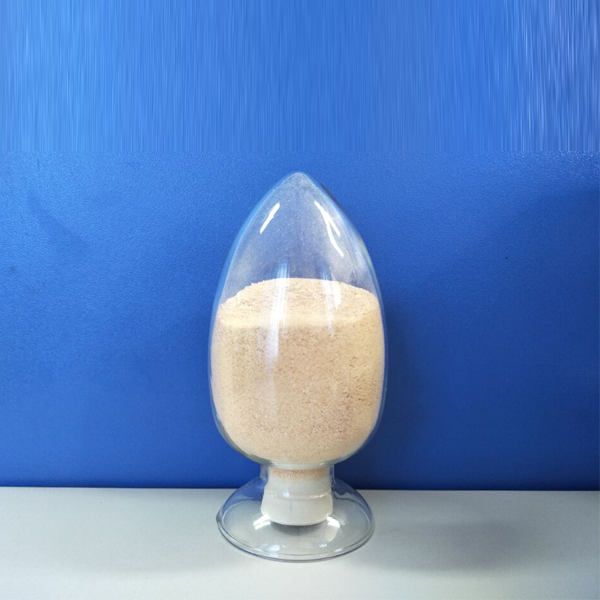
News
Dec . 27, 2024 19:44 Back to list
humic acid fertilizer
The Benefits of Humic Acid Fertilizer
Humic acid fertilizer has gained significant attention in recent years due to its numerous benefits for soil health, plant growth, and overall agricultural productivity. Derived from the natural decomposition of organic matter, humic acid is a key component of humus, which plays a crucial role in maintaining soil fertility. This article will explore the advantages of humic acid fertilizer, its impact on soil and plants, and its importance in sustainable agriculture.
Understanding Humic Acid
Humic acid is a dense organic compound that forms in soil when organic materials, such as plant and animal residues, decompose over time. It is a major component of the organic matter found in soil and is responsible for many of the nutrient-holding capacities of soil. As a versatile substance, humic acid can be extracted from various sources, including peat, lignite, and compost, and it is available in various formulations for agricultural use.
Enhancing Soil Quality
One of the primary advantages of humic acid fertilizer is its ability to improve soil structure and quality. It helps to increase the soil's cation exchange capacity (CEC), allowing it to retain essential nutrients more effectively. This means that plants can access nutrients more easily, promoting healthier growth. Additionally, humic acid enhances soil aeration and water retention, creating an optimal environment for root development.
Moreover, humic acid encourages the growth of beneficial microorganisms in the soil. These microorganisms play a vital role in breaking down organic matter, releasing nutrients that plants need for optimal growth. The increased microbial activity also contributes to soil health, helping to suppress diseases and pests.
Benefits for Plant Growth
humic acid fertilizer

Humic acid fertilizer has a direct and positive impact on plant growth. When applied to the soil, it boosts nutrient uptake by plants, particularly during critical growth stages. This increased uptake leads to improved plant vigor, higher crop yields, and enhanced quality of fruits and vegetables.
Furthermore, humic acid can improve the resilience of plants against environmental stressors, such as drought and extreme temperatures. It enhances the plant's ability to absorb water and nutrients, allowing it to thrive even in challenging conditions. This resilience is particularly important in the face of climate change, where unpredictable weather patterns can severely impact crop production.
Supporting Sustainable Agriculture
With the growing concern over the detrimental effects of chemical fertilizers on the environment, humic acid fertilizer presents a sustainable alternative. It is derived from natural organic materials and is biodegradable, minimizing the risk of soil and water pollution. By promoting healthier soils and reducing the dependency on synthetic fertilizers, humic acid can contribute to more sustainable agricultural practices.
Moreover, the use of humic acid is compatible with organic farming practices, making it an excellent choice for farmers who wish to adhere to organic standards. It can also help restore degraded soils, making them productive once again, which is crucial for food security in many regions of the world.
Conclusion
In conclusion, humic acid fertilizer offers a multitude of benefits that enhance soil quality, promote plant growth, and support sustainable agricultural practices. Its ability to improve nutrient retention, support beneficial microbes, and increase plant resilience makes it an invaluable resource for farmers aiming to achieve higher yields while maintaining environmental integrity. As the agricultural community seeks innovative solutions to meet the challenges of climate change and soil degradation, humic acid fertilizer stands out as a promising tool for fostering a more sustainable future in agriculture. Whether used in conventional or organic farming, its advantages are clear, making it a wise investment for both soil health and crop productivity.
-
Polyaspartic Acid Salts in Agricultural Fertilizers: A Sustainable Solution
NewsJul.21,2025
-
OEM Chelating Agent Preservative Supplier & Manufacturer High-Quality Customized Solutions
NewsJul.08,2025
-
OEM Potassium Chelating Agent Manufacturer - Custom Potassium Oxalate & Citrate Solutions
NewsJul.08,2025
-
OEM Pentasodium DTPA Chelating Agent Supplier & Manufacturer High Purity & Cost-Effective Solutions
NewsJul.08,2025
-
High-Efficiency Chelated Trace Elements Fertilizer Bulk Supplier & Manufacturer Quotes
NewsJul.07,2025
-
High Quality K Formation for a Chelating Agent – Reliable Manufacturer & Supplier
NewsJul.07,2025
